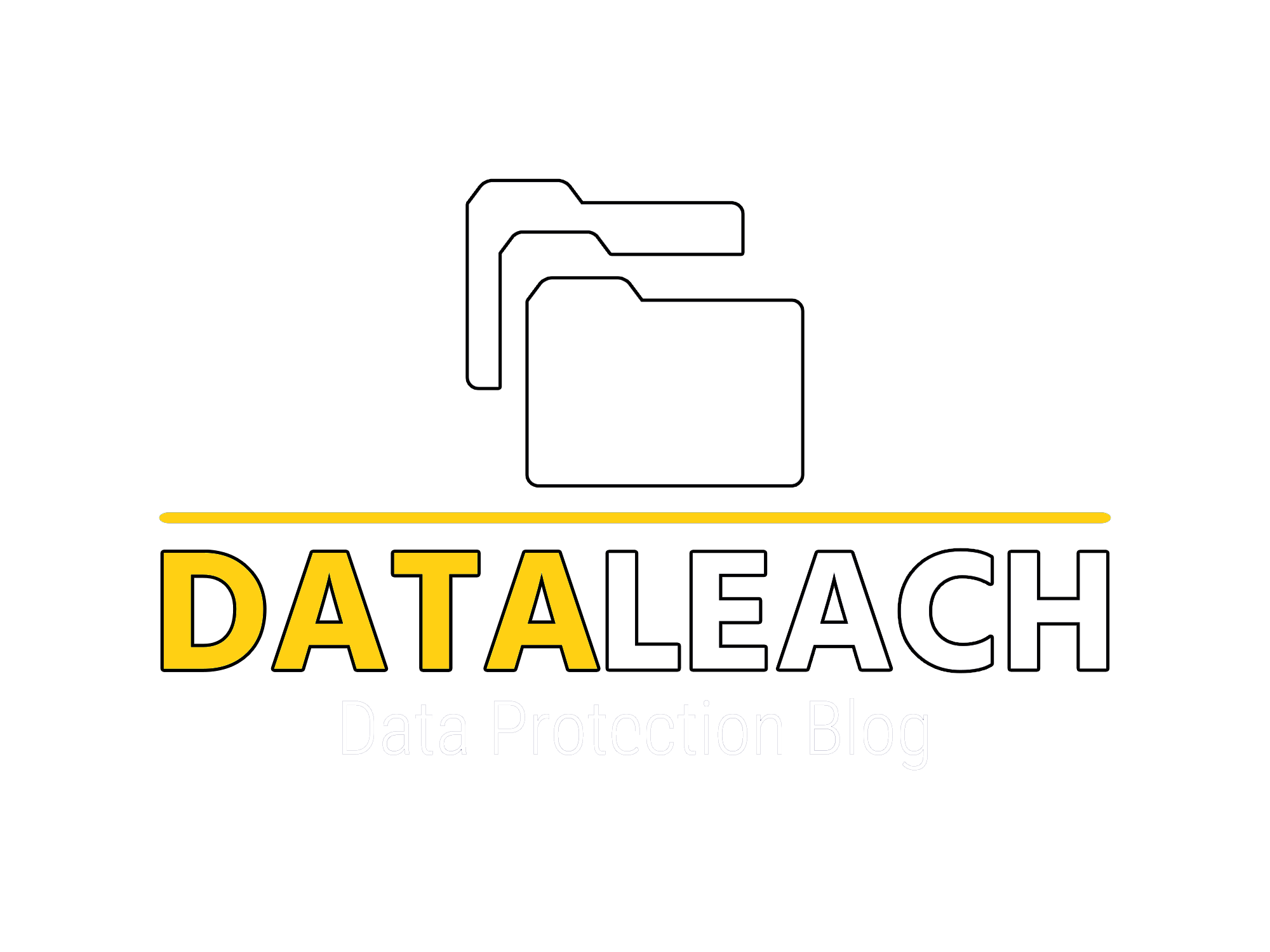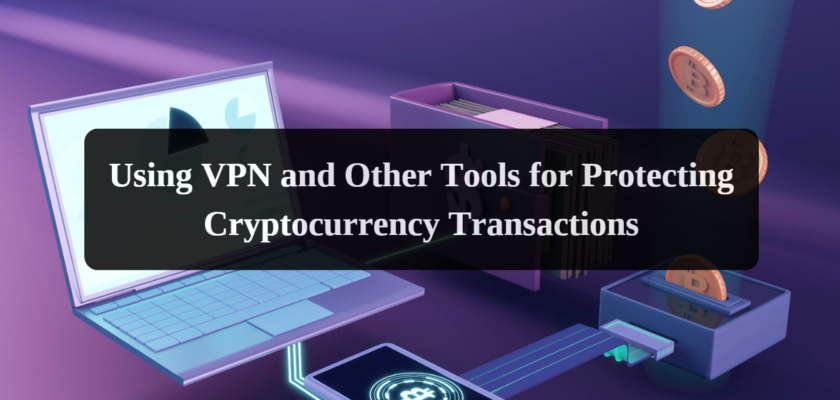Cryptocurrencies are digital or virtual currencies that use cryptography for security and are practically impossible to counterfeit. These are digital assets that run on decentralized blockchain technology, enable secure online transactions, and at most times, are not within the purview of regulation of traditional financial systems. The decentralized nature of the blockchain ensures that no single entity controls the whole network, massively contributing to its security and lessening possible tampering.
Security Vulnerabilities: Nevertheless, despite these ferocious security faces, it still does not allow cryptocurrencies to be invincible from dangerous factors. In fact, the very conditions that make a cryptocurrency attractive—namely, anonymity and the lack of central administration—also turn into major security vulnerabilities for electronic crime. Common threats include hacking attacks on exchanges, phishing scams, and the emerging menace of ransomware. Reversibility also means that there will not be any loss even after a breach has occurred or any unauthorized transaction is done from one.
The Role of VPNs in Enhancing Crypto Security
Why use a VPN during crypto transactions?: “A Virtual Private Network (VPN) is critical towards privacy protection in cryptocurrency transactions.”. A VPN is a private and secure connection through the internet that creates a safe private network connection by encrypting data sent over a transaction, hiding the IP address from interception by other unauthorized parties. This is of particular importance since the traceability of such transactions, which are recorded on the blockchain, results in privacy concerns not from the transactions themselves but from the possibility of establishing that you are behind the transactions.
Enhancing Anonymity and Security: Even though blockchain provides a robust environment for the verification of transactions, the pseudonymity offered can be compromised through the exposure of the parties’ IP addresses. In that way, the VPN will ensure that your actual IP address is hidden, making it difficult for other parties to trace the transactions back to your real-world identity. This comes in handy, especially when dealing with exchanges that need your personal information during registration. Additionally, the VPNs will help secure the connection from interception, especially if one has to access the crypto exchange over public or less-secured Wi-Fi networks.
Prevention of logging of IPs and geographical restrictions: In some cases, exchanges put some geographical restrictions on their services. With the help of the described tool, a trader can unblock and access an exchange from any spot on the Earth in the same way it’s done from another country or place. Many crypto traders use VPNs. Moreover, strictly no-logs VPN means that whatever browsing history or records of connection information are not maintained at all, which again becomes a factor for enhancing online privacy.
VPNs are one way to secure digital assets in trading with cryptocurrency since they use heavy encryption standards and provide total anonymity over the internet.
Essential Features of a Crypto-Focused VPN
When choosing a VPN to enhance the security and privacy of cryptocurrency transactions, there are several critical features to consider:
Robust Encryption Protocols: Seek a VPN offering robust encryption standards, like the military-standard AES-256. This level of encryption will protect any information you transmit over the internet, including details of your cryptocurrency transactions.
No-logs Policy: Ensure the VPN service you select maintains a no-logs policy. This ensures that the VPN provider will not record any of your internet activities—be it browsing history, connection times, or your IP addresses. A strict no-logs policy is essential for preserving your privacy and preventing your data from being shared with third parties.
Kill Switch: A VPN kill switch is vital for maintaining security if your VPN connection drops unexpectedly. It automatically disconnects your device from the internet to prevent data leaks and keeps your IP address hidden until the VPN connection is restored.
IP Leak Protection: Verify that the VPN includes IP Leak Protection. Should there be any flaws in the VPN software, this feature prevents your actual IP address from being revealed, helping to maintain your online anonymity.
Obfuscation Features: Some VPNs utilize obfuscation technology to make encrypted traffic appear as regular internet traffic. This is beneficial in regions that restrict or monitor VPN use heavily, helping to conceal VPN use and allowing more unrestricted internet access.
Additional Security Tools and Practices
Besides using a VPN, several other security tools and practices can help safeguard your digital assets:
Two-Factor Authentication (2FA): Always activate 2FA on any platform that supports it, especially on cryptocurrency exchanges and wallets. This adds an extra layer of security by requiring a second form of verification in addition to your password.
Hardware Wallets: Consider using a hardware wallet for storing significant amounts of cryptocurrencies. These devices keep your private keys offline, protecting them from online hacking attempts and malware.
Secure Internet Practice: Avoid using public Wi-Fi for your crypto transactions. Public networks are typically less secure and more susceptible to interception. If you must use a public network, ensure that your VPN is active and your data is encrypted.
Regular Software Updates: Keep all your devices and software up-to-date. Updates often include security patches that protect against new vulnerabilities, covering your operating system and any applications used to access or manage your digital assets.
Education and Awareness: Educate yourself about the latest security threats and scams in the cryptocurrency sphere. Understanding common phishing tactics, malware, and other fraudulent schemes can help you avoid becoming a victim.
These tools and practices can significantly enhance your security when dealing with cryptocurrencies, reducing the likelihood that cybercriminals can access your valuable digital assets.
Choosing the Right VPN and Security Tools
When deciding on a VPN for securing your cryptocurrency dealings, several aspects should be carefully considered:
Research and Reviews: Begin your investigation into various VPN providers, prioritizing those with stellar reputations for privacy and security. Online reviews and comparative analyses are invaluable resources. Gather insights from other cryptocurrency users to gauge the actual effectiveness of different VPNs in real-world scenarios.
Compatibility with Cryptocurrency Platforms: Ensure that the VPN service you select operates seamlessly with the cryptocurrency exchanges and wallets you utilize. This compatibility is crucial as it should maintain consistent security across various devices and operating systems, whether you’re trading on a PC, smartphone, or tablet.
Reliability and Customer Support: Choose a VPN provider known for its reliable service and excellent customer support. In the unpredictable world of cryptocurrency, immediate access to support can be essential if you encounter any security or connectivity issues.
Cost vs. Security Trade-off: While the allure of free VPNs is strong, they often lack comprehensive security features and might even log and sell your data. Investing in a reputable, paid VPN service is advisable, as it ensures better security and privacy, which are indispensable for safeguarding substantial digital asset transactions.
Conclusion
Using a VPN is crucial for securing your cryptocurrency transactions, but it should only be one component of a broader multi-layered security strategy. Augmenting VPN usage with other security measures, such as hardware wallets, enabling two-factor authentication, and adhering to safe internet practices, significantly enhances your overall protection. Continuously advancing your knowledge of security best practices and staying alert to potential threats is also vital for effectively safeguarding your digital assets.

